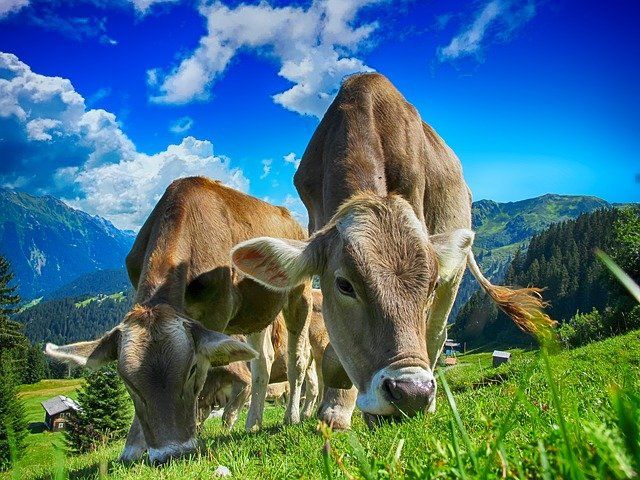Latin America bets on more sustainable livestock farming
Innovations in pastures and fodder, which are fed to cattle on 1,000 farms in Costa Rica, are seen as an example of what can be done in the region to reduce greenhouse gas emissions from livestock farming.





